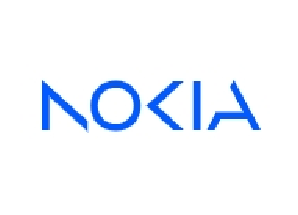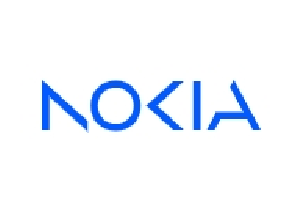DZS files for Chapter 7, ceases US operations
After failing to secure more working capital, DZS has filed for Chapter 7 protection and will start the liquidation process.
DZS, a broadband gear and cloud services company that went through a string of acquisitions and divestments in recent years, has ceased all US operations. However, it's possible the company's foreign subsidiaries could continue outside of the US liquidation.
"It is with utmost disappointment that we share that DZS was unable to secure the necessary working capital from either its current lender or any prospective lenders to sustain the business going forward," the company announced Friday (March 14). "As a result of the Chapter 7 asset liquidation process, the Company is hopeful that its market-leading broadband access, connectivity and cloud software solutions are acquired, and customers and suppliers are restored."
DZS said all US operations ceased and all US employees were terminated at the time of the filing. However, its foreign subsidiaries, including those in Germany, the UK and Australia "may continue to exist outside of the United States liquidation," the company explained.
But the path forward for those subsidiaries could be a bit rocky in the short-term. "Subsidiaries and affiliates outside of the United States will experience near term business disruption with day-to-day operations, which will include various IT (i.e., outlook/email), and other software programs," DZS said.
A Chapter 7 trustee will be appointed "soon" to manage the liquidation process in the US and to evaluate how to proceed with foreign subsidiaries and affiliates. The company noted that employees, creditors, customers and other interested parties will receive a notice of the bankruptcy filing from the US Bankruptcy Court for the Eastern District of Texas.
"It is unlikely that holders of the Company's common stock will receive any payment or other distribution on account of those shares following the bankruptcy proceedings," DZS explained in this SEC filing.
DZS sought alternatives
The Chapter 7 filing arrived about ten days after DZS disclosed that it was seeking strategic alternatives, including the raise of more financing, the sale of assets or a Chapter 11 bankruptcy filing, amid a cash crunch. The filing also comes about 18 months after DZS looked to ease some financial strain by securing $29.7 million in financing, including a $24.5 million three-year term loan with Dasan Networks, which was a 29% shareholder in DZS at the time.
Chapter 7 marks an unfortunate end for DZS, which was rebranded from Dasan Zhone under charlie Vogt, the telecom vet who took the helm of the company in August 2020. DZS, like many of its peers, was forced to manage a period of sales declines as operators worked through inventories stocked up during the early parts of the COVID-19 pandemic. That situation was paired with hindered access to components due to supply chain constraints.
DZS also was forced to restate some revenues in recent years linked to certain customers. That process was completed in 2024.
DZS was also among the suppliers counting on getting a boost from the evolving Broadband Equity Access and Deployment (BEAD) program. However, uncertainty and changes to the program have altered expectations, causing several suppliers to drop BEAD from their 2025 financial planning.
Divestments followed an M&A spree
Under Vogt, an exec late of ATX Networks, Imagine Communications and Genband, DZS notched several acquisitions aimed at expanding the company's portfolio, diversifying its core business and pursuing adjacent markets, including a bigger focus on networking software. Those deals included Optelian (optical technologies and products), Rift (cloud-native virtualization and orchestration software), Assia (Wi-Fi management software), and Casa Systems' NetComm fixed wireless access (FWA) business. Australia-based NetComm is not part of the US Chapter 7 filing, but it is part of the business that is being evaluated.
More recently, DZS has been selling off parts of the business as it looked to apply more focus on its core business of networking, connectivity and cloud edge software.
Last November, DZS sold its IoT business to Lantronix for $6.5 million, and the month before that it sold its Wi-Fi management and service assurance business to Axon (formerly known as Greenwave Systems) for $34 million. In April 2024, DZS sold its Asia business to Dasan Networks for $48 million amid DZS' greater focus on regions such as the Americas, Europe, middle East, Africa and Australia.
In November, DZS posted Q3 2024 revenues of $38.1 million, up 23% versus the prior quarter and up 67.8% from the prior-year period. DZS ended the period with working capital of $24 million, $90 million of backlog and inventory valued at $79 million.
At the time, DZS was cautiously optimistic that it was on the road to recovery.
"With our restatement behind us, our filings current, the sale of our network assurance and in-home WiFi management portfolio closed and optimism with a growing sales pipeline and robust backlog, we believe our best days are ahead of us," Vogt said at the time.





